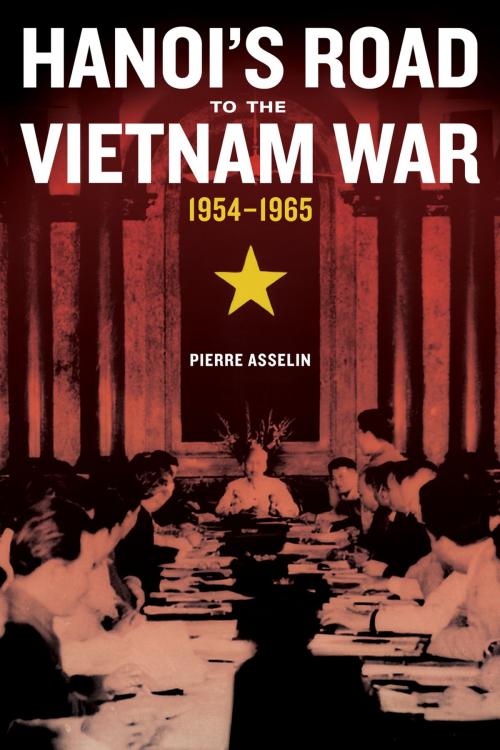| Author: | Pierre Asselin | ISBN: | 9780520956551 |
| Publisher: | University of California Press | Publication: | August 2, 2013 |
| Imprint: | University of California Press | Language: | English |
| Author: | Pierre Asselin |
| ISBN: | 9780520956551 |
| Publisher: | University of California Press |
| Publication: | August 2, 2013 |
| Imprint: | University of California Press |
| Language: | English |
Hanoi's Road to the Vietnam War opens in 1954 with the signing of the Geneva accords that ended the eight-year-long Franco-Indochinese War and created two Vietnams. In agreeing to the accords, Ho Chi Minh and other leaders of the Democratic Republic of Vietnam anticipated a new period of peace leading to national reunification under their rule; they never imagined that within a decade they would be engaged in an even bigger feud with the United States. Basing his work on new and largely inaccessible Vietnamese materials as well as French, British, Canadian, and American documents, Pierre Asselin explores the communist path to war. Specifically, he examines the internal debates and other elements that shaped Hanoi's revolutionary strategy in the decade preceding U.S. military intervention, and resulting domestic and foreign programs. Without exonerating Washington for its role in the advent of hostilities in 1965, Hanoi's Road to the Vietnam War demonstrates that those who directed the effort against the United States and its allies in Saigon were at least equally responsible for creating the circumstances that culminated in arguably the most tragic conflict of the Cold War era.
Hanoi's Road to the Vietnam War opens in 1954 with the signing of the Geneva accords that ended the eight-year-long Franco-Indochinese War and created two Vietnams. In agreeing to the accords, Ho Chi Minh and other leaders of the Democratic Republic of Vietnam anticipated a new period of peace leading to national reunification under their rule; they never imagined that within a decade they would be engaged in an even bigger feud with the United States. Basing his work on new and largely inaccessible Vietnamese materials as well as French, British, Canadian, and American documents, Pierre Asselin explores the communist path to war. Specifically, he examines the internal debates and other elements that shaped Hanoi's revolutionary strategy in the decade preceding U.S. military intervention, and resulting domestic and foreign programs. Without exonerating Washington for its role in the advent of hostilities in 1965, Hanoi's Road to the Vietnam War demonstrates that those who directed the effort against the United States and its allies in Saigon were at least equally responsible for creating the circumstances that culminated in arguably the most tragic conflict of the Cold War era.















